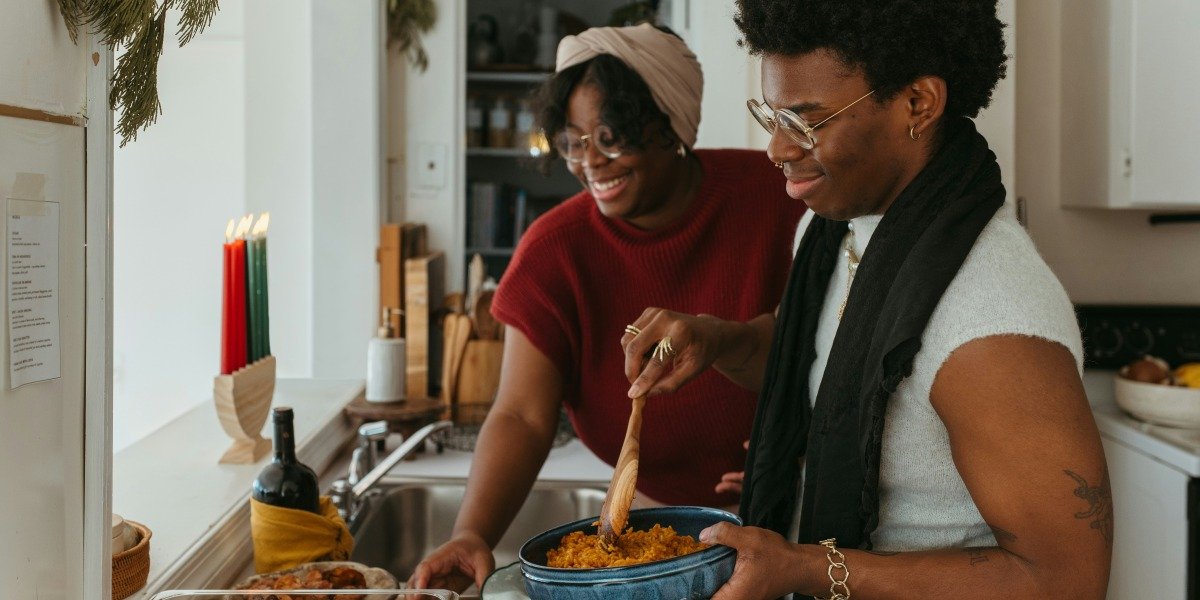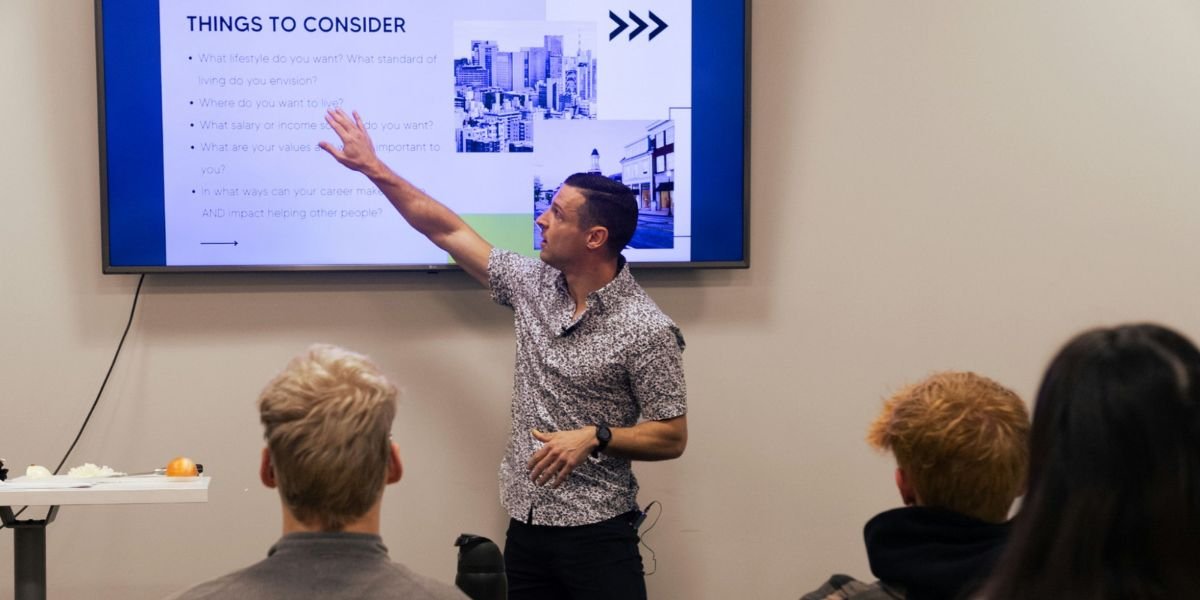The fashion industry has long been known for its exclusive and often narrow standards of beauty, size, and race. However, in recent years, the rise of Black influencers in fashion has dramatically shifted the landscape, bringing fresh perspectives, creativity, and a sense of inclusivity to the forefront. These influencers are not only shaping trends but also challenging the industry to embrace diversity, redefine beauty standards, and amplify underrepresented voices.
Read Also: How Black Artists Are Redefining Music with Genre Blending
The Power of Social Media: A Platform for Change
Social media has played a pivotal role in the rise of Black influencers in fashion. Platforms like Instagram, TikTok, and YouTube have provided a direct channel for individuals to showcase their personal style, connect with brands, and build a global following. This democratization of fashion has allowed Black influencers to gain visibility in ways that were previously unattainable, breaking through traditional barriers in the fashion world.
Influencers no longer need to rely on traditional gatekeepers like editors, magazines, or runways to be recognized. Instead, they can create their own platforms, foster communities of followers, and directly engage with brands. This shift has allowed Black influencers to control the narrative surrounding their personal style and aesthetic, while simultaneously advocating for representation, authenticity, and self-expression.
Visibility and Representation
The rise of Black influencers has made a significant impact on visibility and representation in the fashion industry. Influencers like Jackie Aina, Shalom Blac, and Khaliah Ali are not only showcasing their personal style but also challenging the fashion world to consider diversity in a more meaningful way. For many years, Black beauty and fashion were often marginalized or stereotyped in mainstream media, but today, these influencers are shifting perceptions and inspiring others to embrace their individuality.
By seeing themselves reflected in the influencers they follow, people of all backgrounds, shapes, and sizes are empowered to express their unique style and build their own personal identities.
Breaking Beauty Standards and Rewriting the Rules
One of the most powerful contributions of Black influencers to the fashion world is their ability to challenge and redefine traditional beauty standards. Historically, fashion has been criticized for favoring a specific look—often characterized by Eurocentric features, straight sizes, and pale skin tones. Black influencers are breaking down these barriers, challenging the narrow definitions of beauty and pushing the industry to embrace a wider spectrum of race, body type, and gender expression.
Body Positivity and Size Inclusivity
Influencers like Nadia Aboulhosn and Tess Holliday have been instrumental in advocating for size inclusivity and body positivity in the fashion industry. By promoting confidence in all body types, they’ve helped pave the way for fashion brands to expand their size ranges and create more options for women of all shapes and sizes.
Their influence has led to collaborations with major retailers like H&M and Savage X Fenty, which have launched collections that embrace diverse body types. These influencers aren’t just changing the way we view fashion—they’re empowering people to love their bodies and feel beautiful in their own skin.
Challenging Eurocentric Beauty Standards
Many Black influencers are also challenging the Eurocentric beauty standards that have dominated the fashion industry. For example, Shalom Blac, who is a burn survivor, uses her platform to raise awareness about skin conditions and promote the beauty of all skin tones, shapes, and features. Her influence has helped foster a deeper conversation about the representation of diverse faces in the beauty and fashion industries, encouraging brands to move away from limiting beauty ideals.
Creating Fashion Trends: The Influence of Personal Style
Black influencers have not only changed the conversation surrounding beauty but have also become some of the most influential trendsetters in the industry. These influencers often push the boundaries of fashion by mixing high fashion with streetwear, layering textures, playing with bold colors, and embracing both cultural and modern aesthetics.
Influencers like Adebayo Oke-Lawal and Lauren Elevation have made waves with their unique takes on fashion, blending contemporary style with traditional cultural references. The blend of Afrocentric and modern Western fashion has given rise to new, hybrid fashion trends that are seen all over the runways, in street style, and on the streets.
Celebrity influencers like Beyoncé and Rihanna have also significantly influenced fashion trends. Through their personal style choices and collaborations with major brands like Fenty, Savage X Fenty, and Ivy Park, they’ve made inclusivity and representation a cornerstone of their fashion brands. Beyoncé’s partnership with Adidas for the Ivy Park line has created clothing collections that blend athletic wear with high fashion, pushing boundaries and encouraging fans to dress according to their own self-expression.
Fashion as a Form of Advocacy
For many Black influencers, fashion is not just about style—it’s also about advocacy. These influencers often use their platforms to raise awareness about racial and social justice issues, using fashion as a means of protest and self-expression.
Social Justice and Activism
During the Black Lives Matter movement, many Black influencers took to social media to advocate for racial justice, using their platforms to share stories, raise funds, and promote equality. Influencers like Tiffany Sade, Amira Rasool, and Milan Harris took their platforms beyond fashion to engage in activism, promoting causes such as police reform, racial equity, and diversity in the workplace.
Through their fashion choices, they’ve used clothing as a form of expression, showcasing statements of solidarity, resistance, and change. This powerful fusion of activism and fashion has made an indelible mark on the fashion industry, pushing brands to engage in conversations around racial justice, diversity, and inclusion.
Black-Owned Fashion Brands: Elevating African-American Designers
In addition to Black influencers shaping the fashion conversation, many Black-owned fashion brands are gaining recognition and creating their own space in the industry. Designers like Virgil Abloh (founder of Off-White and artistic director of Louis Vuitton’s men’s wear) and Aurora James (founder of Brother Vellies) have made major waves by highlighting African American artistry, culture, and creativity.
By creating accessible luxury and championing sustainable, ethical production, these designers are elevating the visibility of Black-owned businesses and challenging the traditional power structures in fashion. In doing so, they create opportunities for other minority-owned brands to thrive and succeed on a global scale.
Read Also: Mastering Casual Wear: Tips to Stand Out with Style
The Future of Fashion is Diverse
The rise of Black influencers in fashion is reshaping the industry in profound ways. These influencers are breaking barriers, expanding definitions of beauty, and leading the charge for greater diversity and inclusion within the fashion world. From their unique fashion sense to their role in advocating for social justice, Black influencers are not just changing the way we view style—they are creating a more inclusive, authentic, and dynamic industry.
As the fashion world continues to evolve, the contributions of Black influencers will play a key role in defining the future of the industry. Their influence is undeniable, and their impact will continue to inspire change for years to come.








